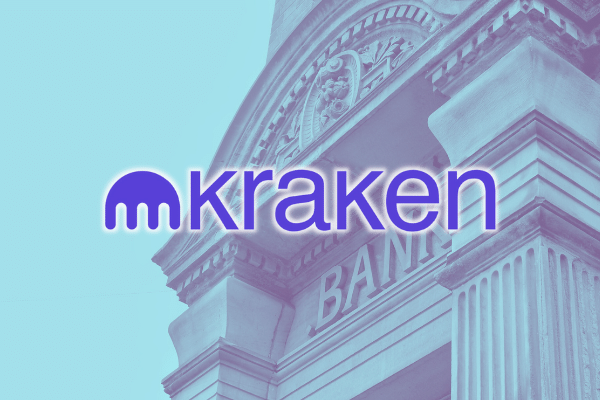
- U.S. cryptocurrency exchange Kraken, paid US$1.25 million in fines to settle allegations that it had enabled U.S. residents to trade in illegal margin products linked to Bitcoin and other cryptocurrencies.
- If regulators genuinely seek to protect the public interest, they should instead work together with those who choose to be regulated, as that will naturally bring more customers within the regulatory orbit.
While the U.S. Securities and Exchange Commission may be jostling for primacy in the Wild West of cryptocurrency regulation, it’s been its rival agency, the U.S. Commodity and Futures Trading Commission that has fired the first salvo against exchanges.
According to a CFTC statement on Tuesday, U.S. cryptocurrency exchange Kraken, paid US$1.25 million in fines to settle allegations that it had enabled U.S. residents to trade in illegal margin products linked to Bitcoin and other cryptocurrencies.
Earlier this month, U.S.-listed cryptocurrency exchange Coinbase Global (-1.98%) walked back plans to launch its cryptocurrency lending product called “Lend” after the SEC threatened to sue should it go ahead.
The CFTC also alleged that Kraken had failed to register itself with the agency as a futures commission merchant.
“Margined, leveraged or financed digital asset trading offered to retail U.S. customers must occur on properly registered and regulated exchanges in accordance with all applicable laws and regulations.”
The statement highlights the uneven playing field that cryptocurrency exchanges operate in, with those that pursue regulatory compliance being hamstrung by trigger-happy regulators, while offshore cryptocurrency exchanges that still find means to cater to U.S. residents allowed to offer a smorgasbord of investment and trading options.
Products such as cryptocurrency lending and derivatives have long been offered by offshore cryptocurrency exchanges domiciled in places like the Bahamas and Seychelles.
And it’s not entirely clear how regulators will police the decentralized finance space, where traders (retail or otherwise) are able to gain access to derivatives via smart contracts, with no barriers to entry or trading.
If regulators genuinely seek to protect the public interest, far from bringing the hammer down on cryptocurrency firms, they should instead work together with those who choose to be regulated, as that will naturally bring more customers within the regulatory orbit.



